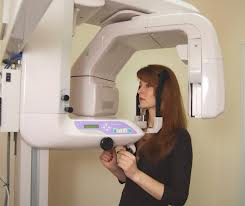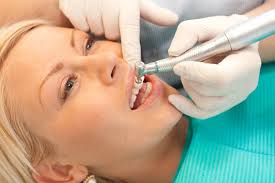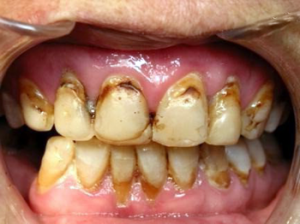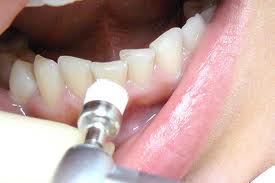Dental implant preparation

The installation of a dental implant is a fairly serious undertaking, and therefore correctly performed preparation for dental implants is crucial.
How to prepare for the operation in order to avoid unexpected complications before and after it?
Both the patient and the doctor must be prepared for implantation. The patient must be physically and mentally prepared. The doctor must have detailed information about the patient’s health status.
The choice of implants often depends on the volume and size of the bone tissue, as well as on the defect of the dentition.
Successful operation depends not only on the hands of the surgeon and the type of implant being implanted, but the successful planning of the operation at the preparation stage and only then the patient's implementation of the dentist's recommendations affects its success.
Preparation stages
Medical history
Before starting treatment, the dentist, in order to assess the general condition of the patient's body and oral cavity, collects a dental and general medical history.
Body examination

- The examination is carried out by a therapist.
- Based on the results, including taking into account blood and urine tests, the therapist makes a conclusion about the possibility of surgery.
- In the presence of relative contraindications, the treatment of diseases is carried out and the implantation is postponed until the patient’s body is completely restored.
Examination of the dentition

Computed tomography (CT), various radiography options are performed to evaluate the condition of the teeth and jaw bone.
- Most important are the results of CT, which make it possible to carry out the necessary measurements in three planes.
- Moreover, the tomogram allows you to see the condition of the mandibular joints, the bottom of the maxillary sinus, the position of the mandibular canal.
It is the condition of the bone that is the starting point for planning the operation.
In some cases, additional examination and treatment of other organs and systems may be necessary before implantation.
Oral Remediation

- Treatment of caries, root canal filling. In the absence of the treatment effect, resection of the apex of the root of the tooth is recommended, followed by removal of the granulomas.
- In the presence of periodontitis, treatment is carried out with the removal of subgingival deposits and subsequent processing of the periodontal pockets.
- Severe periodontal disease and periodontitis are a contraindication to surgery. Before surgery, you must try to treat the tissue surrounding the tooth. If treatment is ineffective, implantation will be unsuccessful.
- If there are dentures in the oral cavity that require replacement, it must be done before implantation.During the replacement, the compatibility of the materials must be taken into account in order to avoid the galvanic effect.
- Carrying out professional toothbrushing.
Definition of contraindications
At the stage of preparation for the operation, indications and contraindications for its conduct are determined.
- Contraindications can be both absolute and relative.
- If there are relative contraindications, they are eliminated.
For example: bone grafting with a lack of bone volume.
Patient training
The doctor teaches the patient hygienic care for the oral cavity and dental implants.
Screening out patients
In social terms, implantation is not possible for some patients who:

- They are careless about their health.
- They have bad habits, for example: malicious smokers, coffee lovers.
- Engaged in heavy physical labor.
- They do not take proper care of the oral cavity, since the lack of hygienic care of the oral cavity is a sufficient reason for refusing implantation and for installing any fixed structures.
In this case, the use of removable dentures is recommended for such patients.
How to prepare for dental implants
The success of the treatment as a whole depends on the proper preparation for the installation of implants.
Before implantation, it is necessary:

- Complete a full examination, diagnosis and treatment at a dental clinic.
- Obtain permission from the therapist to perform this type of intervention.
- Do not have any vaccinations before dental implants, because this can cause an additional burden on the body’s immune system.
- Carry out professional hygienic cleaning of teeth.
- Ten days before the operation, start preparing your body for the operation: get enough sleep, completely eliminate the use of alcohol and stop smoking. The food consumed should be rich in vitamins (especially vitamin D), calcium. Food should include vegetables, fruits, meat, milk, eggs, cheese.
- Avoid heavy physical exertion.
- For at least a week, refrain from taking blood thinners, such as aspirin.
- On the eve of the operation, rinse the oral cavity with an antiseptic solution (chlorhexidine) at least three times a day. Rinse duration from one minute.
- On the day of surgery, thoroughly brush your teeth, rinse your mouth with chlorhexidine.
- If the operation will be carried out in the morning, then it is better not to take food, but to limit yourself to sweet tea.
- If the operation is planned for the afternoon, then a light breakfast is shown.
The above recommendations are fairly easy to implement.